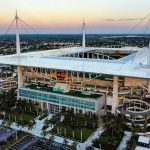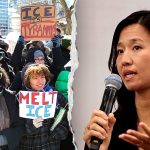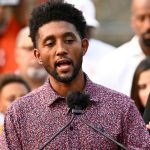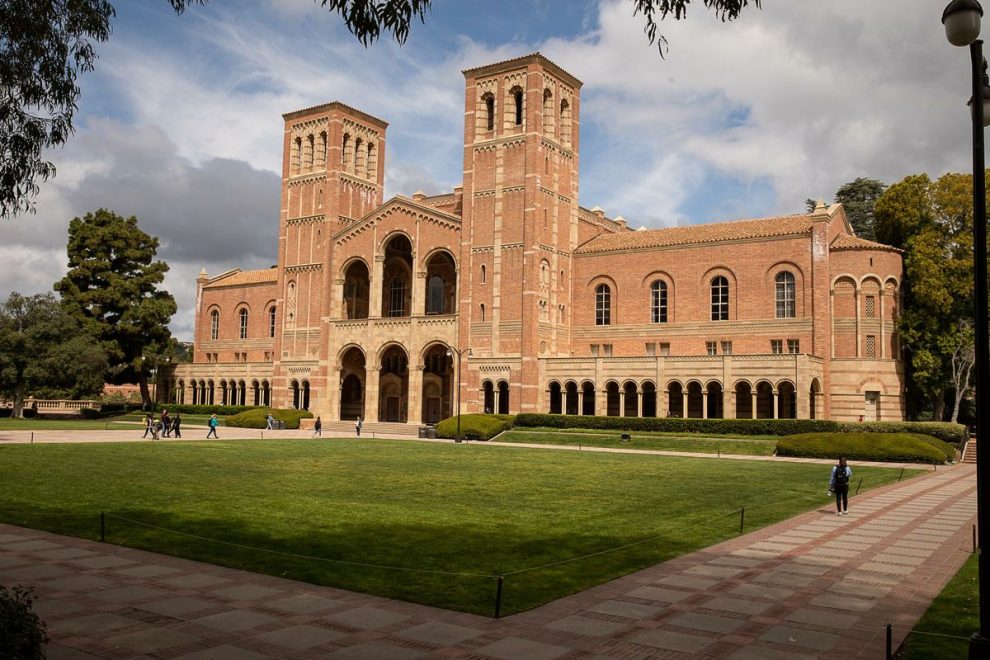Regarding race, America once appeared on the course of unprecedented unity. That period, per many recent headlines, is at its evident end.
Apropos of a profound partitioning, consider an op-ed at the University of California, Los Angeles.
Penned by students Samone Anderson and Gene McAdoo, the piece champions segregated spaces due to the special needs of black students.
Skin-based separation opposes Martin Luther King’s dream; but think critically:
For many, Black students’ desire to have a space designed to serve our unique needs seems antithetical to the celebration of multiculturalism and diversity. “Isn’t that the opposite of what Dr. King fought for?” some may ask. To the uncritical thinker, creating spaces designed to serve one particular race of students may seem like an indication that we are making a backward slide away from the supposed racial progress that’s taken place since the civil rights movement.
Might a major LA school host enormous animus toward darker skin? The authors insist it’s “pervasive”:
[T]he pervasive nature of anti-Blackness in Black students’ collegiate experiences creates unique obstacles for Black students and cultivates a campus racial climate in which Black students are unable to find reprieve from persistently dehumanizing experiences and the trivialization of our struggles.
Therefore, they need targeting to the tune of segregation. And a recent referendum hits the spot:
[U]CLA must provide Black students with targeted support to ensure that we are retained and graduate at rates similar to our peers. The creation and continued support of the Black Bruin Resource Center (BBRC) through a “yes” vote on the Education, Access and Retention, Now! Referendum would be one step toward achieving that goal.
Superior segregation will “disrupt” racism:
The funds created by the EARN! Referendum that are earmarked to provide greater financial support for the BBRC would be a tangible way to disrupt anti-Blackness in Black Bruins’ collegiate experiences. Anti-Blackness is…reflected in society’s inability and unwillingness to recognize the humanity of those racialized as Black.
Integration only reconfigured racism:
[T]he anti-Blackness that defined the schooling experiences of Black students prior to federal desegregation has simply transformed to adapt to a new racial regime, shifting from overt discrimination to covert, colorblind discrimination.
Samone and Gene decry microaggressions — such as being asked “Do you go here?” or “Which sport do you play?” Black students, they assert, are viewed “as undeserving because they are seen as ‘unqualified’ by virtue of their Blackness.”
As for the claimed calamity of colorblindness, it’s definitely dwindling:
According to the authors, black-only space is key:
While the creation of the BBRC is certainly not the long-awaited solution to ending anti-Blackness at UCLA, its continued support is an obvious means of mitigating the suffering of Black students on campus by providing us with a pro-Black space in addition to creating a centralized location for Black students to seek community and campus resources vital to our retention.
Will segregation solve racism? If so, it’ll be a phenomenal feat.
Things in America have substantially changed. In 1985, America embraced “We Are the World.” Now, it seems, we’re many worlds — each one defined by group identity.
Story cited here.
























